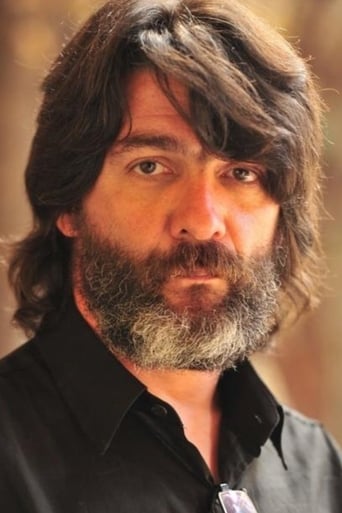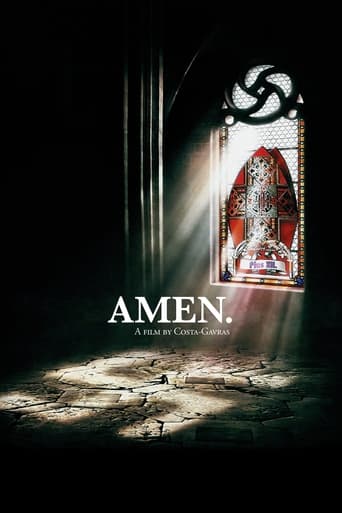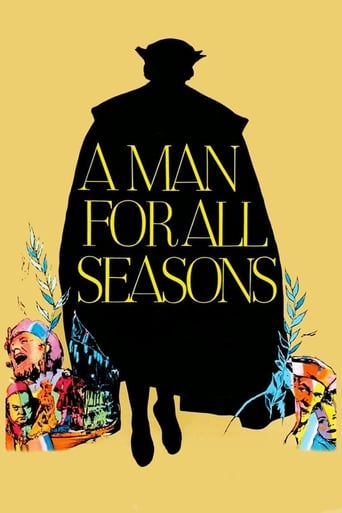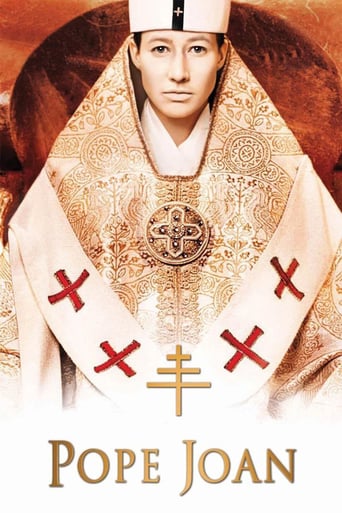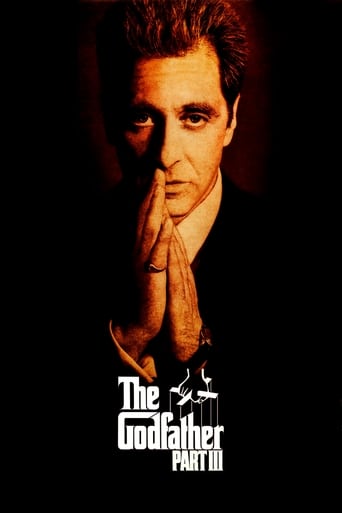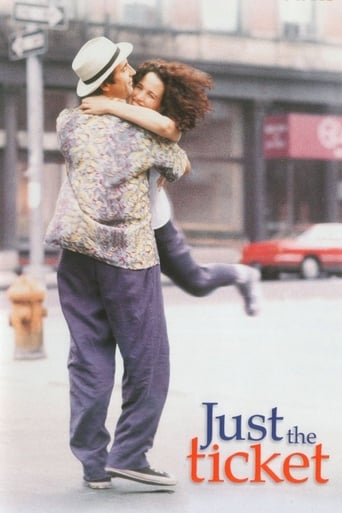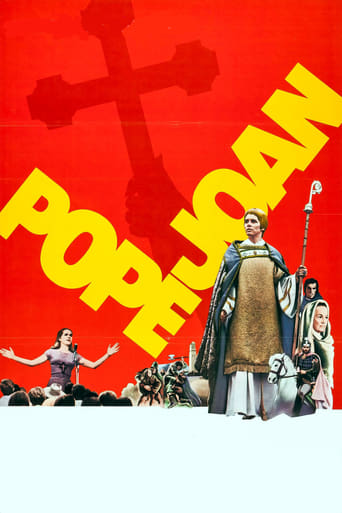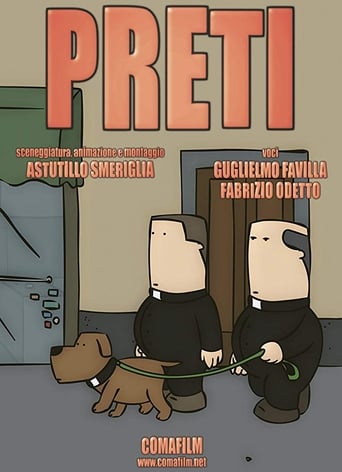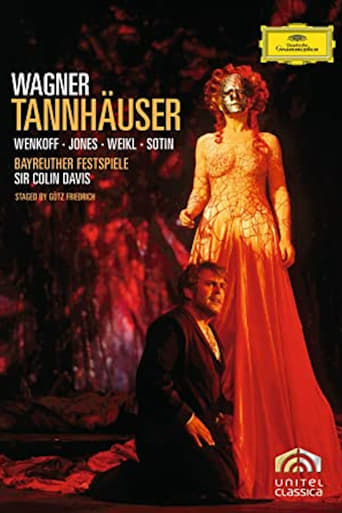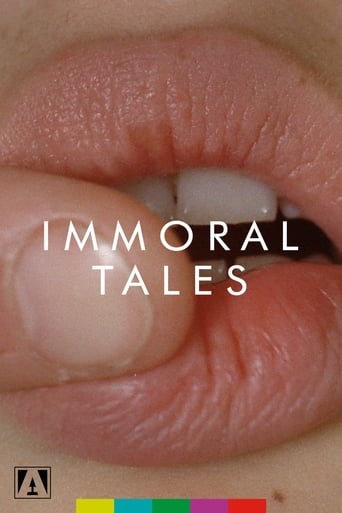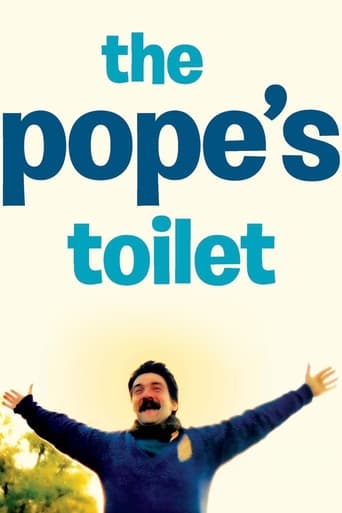
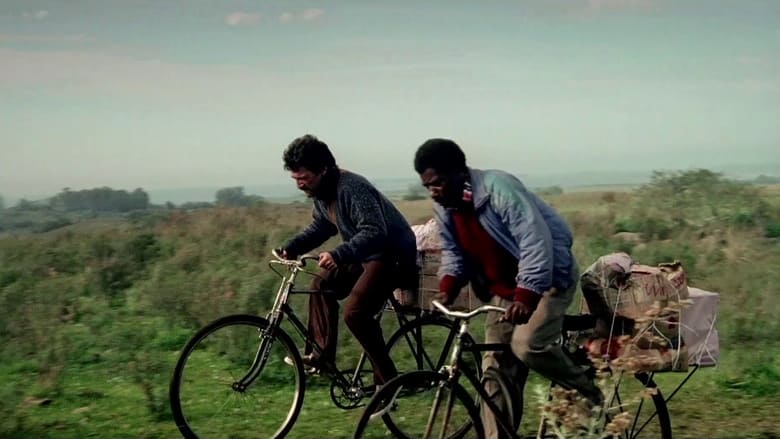
The Pope's Toilet (2007)
In 1998, a small South American village is in a flurry over the Pope's upcoming visit for the business opportunities that it will provide. While most of the residents plan to sell food at the parade, a smuggler family man decides to build a pay toilet.
Watch Trailer
Cast


Similar titles
Reviews
Good , But It Is Overrated By Some
Don't listen to the negative reviews
Absolutely the worst movie.
One of the most extraordinary films you will see this year. Take that as you want.
The setting is the frontier that separates Brazil and Uruguay. As the story begins, we see a few men on bicycles carrying what appears to be contraband. A police car gives chase and most of the men are caught. The policeman knows he will be able to get something he wants out of the merchandise the guys are hauling. Only Beto, who hides behind some boulders, is able to escape and save whatever he is bringing back.Beto is a poor man with no other job than to go across the border to make a living. His wife Carmen takes laundry in to help the family. The couple has a younger daughter, Silvia, whose ambition is to be a newscaster on television. The family's home is a step above a shack. In spite of the poverty, Beto is always dreaming about how to provide for his wife and daughter, except his plans almost always end in failure.A big event is coming to the town. It is 1988 and Pope John Paul II is expected to make a stop in Melo. The townspeople begin to prepare themselves to feed the hordes of Brazilians that are supposed to invade their little town. Beto's idea is to build a toilet outside his house. With so many visitors, he figures most people will be in need of using the facility, at a modest cost. Unfortunately, the crowds never materialize; the people in the town suffer greater losses than they were able to afford. The task he set for himself will almost ruin his life and that of his wife and daughter.An engaging film from Uruguay directed by Cesar Charlone and Enrique Hernandez. Based on a true story, the filmmakers tried to reconstruct the atmosphere of that historic moment. Who would have thought an important person like the John Paul II, a figure that attracted thousands of people to wherever he appeared, would get such a small turnout? The lives of Beto and his neighbors was changed forever by just pure bad luck, something no one ever expected.Best thing in the film is Cesar Troncoso who plays Beto. His pain is too hard for the viewer to take. Despite of all his good intentions, he is just as bad off after the visit, as he was before. Mr. Troncoso's work surprises in its intensity. The supporting cast does a wonderful job as well.
Hope for a better life is the premise of this splendid bittersweet film from Uruguay. Beto, a hard working commodity smuggler and family man is jumping on the bandwagon to profit from the Pope's visit that it was just announced. This could be the miracle they've been waiting for, the answer to the endless prayers and payback time for all the suffering this Catholic family endured for so long, as long as they can remember. But Beto is clever and he is using his head (as he like to say it in the movie), and he will not offer food, drinks or souvenirs as so many from the village decided to sell, but he is building a toilet, where people will be able to relive themselves, for a fee, after all the food they will gobble. It was the Pope's 37th visit outside of the Holly See from the total of 104 pastoral travels he made during his time in power. Preparations are underway, an enormous crowd from neighboring Brazil is expected, the media is all what is talking about and everyone is eager for the big event. Finally the Pope came, prayed, blessed all big and small, chatted with officials and left. The only thing was missing were the huge crowd, they have been hoping for. There is a very clear and sad message in this poignant and well-made film that is marketed as comedy. One of the funniest scenes is when Beto is setting up the operation and teach his family how to run the "outhouse" business that is offering "half or full" relieving service. I recommend it full heartedly and I hope you will have as much fun watching it as I did.
Don't be put off by the title, as Uruguyan writer/directors César Charlone and Enrique Fernández have, in 2007's The Pope's Toilet, crafted something stirring; resounding; fascinating and heart breakingly tragic, a classy adaptation of true circumstances once upon a time. The film covers a handful of people in and around a poor family of a small Uruguyan town on the Brazilian border called Melo and what it is they believe in; what it is they entrust their dreams and aspirations with, be they of a religious ilk or even career related, and the consequent danger of these things being shattered. The film is a humbling, down to Earth drama about people living in border-line third world conditions just trying to pull through; a harsh damning-come-exploration of supply and demand business ideologies; a light, non-causality driven comedy about a family man and his local friends; a terrifying drama about a man on the edge as he invests time and money in a venture for sake of Capital gain. It is a remarkable little drama, a deftly directed piece which changes gears and tones as easily as you like and retains a certain balanced sense of both joy and foreboding throughout.César Troncoso plays Beto, the father of daughter Silvia (Ruiz), and husband of wife Carmen (Méndez). He is a man living with them under living conditions as basic as you like, persistent sights of burnt out cars and trucks sitting around on neighbouring lawns, peeling walls on a number of local buildings and dirt roads more often than not leading you off to wherever it is you want to go. When we first see Beto he is, like many people appear to do so, journeying back home to Uruguay from adjacent Brazil following some shopping; dealing and, ultimately, some smuggling. His pedal bike is no match for those surging by on scooters, his idea to skip around the checkpoint to avoid the authorities no match for their off terrain truck headed by a foul mouthed customs official whom takes sadistic glee in infantalising them via his verbal berating and then scuppering their plans. Times are tough, with even those whom are of similar ilk to you in the form of his class and predicament seemingly outranking him in the form of their transportation.Opportunity strikes when it is announced Pope John Paul II is to come to their tiny town for a mass gathering; sessions of prayer and Catholic rejoice sure to follow. Devout Catholics themselves, Beto and the locals' true cause for celebration arrives in the form of business franchises and ventures that they feel they can set up so as to rake in money off of the large number of people whom will gather in their town as a result of this coming. The announcing of it is followed by a technique known as the gaze, which is applied to the film by Charlone and Fernández during which the lead's intense stare back at the screen is captured moments after the TV announcement. It suggests a look of longing, not in an erotic sense as usually is with said technique but in a manner resembling 'want' as ideas resonate. We sense he smells an opening after defeats to the state in the form of customs, with which a large legal cash flow will surely arrive given this fresh revelation, and it is here the film concentrates on his drive to do what he decides to do. Some are getting ready to dish out large amounts of food, others try selling clothes and Beto is stuck on constructing the titular lavatory: a public toilet located in his front garden in a booth complete with hand-wash and dry service at a counter just outside it.Where others have gone down more familiarised, even normalised, routes; Beto has thought outside the box and gone into the constructing of a toilet out-house cubicle, one he reckons of only very few lavatory's within the area that will cater to those whom need it. As hype around the visit builds and they struggle to finish off the cubicle with mounting issues outside of this venture, a real sense of tension and something on the line is flawlessly inserted into proceedings. The thrill is in how the film puts mostly everything the family aspire to on the line at expense of this Papal visit, and Beto's charging around attempting to fulfil this dream and prove himself to his family as a pure, unadulterated Capitalist cash-bringer. Silvia appears to be headed for a career in sewing and stitching, something she would much rather substitute for a job within the media industry resembling working as an anchorwoman, but something that would require high university fees and the living in capital Montevideo. With Carmen, the arguments and disagreements that hint at near full-on disenchantment between the two of them in their marriage are papered over only by the odd uplifting exchange. You feel a greater extent of well being and positive attachment between the two is at stake.Where a Spanish language film set in the 1980s about a poor Urugyuan constructing a public loo for a visit of The Pope may very well turn people off the idea of seeing this wonderful drama, those without a philistinery gene will surely warm to the piece. On a closing note, and when certain first round groups of the recent 2010 football World Cup concluded, there was a short VT on television about a South African woman and her one-off market stall franchise which would now have to be shut down. This was due to the leaving of so many foreigners and tourists whom come to where she was based but then left as the event shipped out of her home city. With it, all extra business gone too. I didn't think much of it at the time, but seeing this 2007 piece and recalling that woman had me see things a little clearer: a triumph.
If you are looking for effects, heroes and such, don't watch it. If you watch movies as a thread of facts, or scenes, you'll never understand a movie like this. But if you open your mind enough to understand what poverty does to the characters; their broken dreams, their lack of material goods, their lack of education, food, etc., and read carefully each one of the subtle (and not so subtle sometimes) messages about honesty, friendship and family values, and how strong those values can be, you'll find you are watching a little jewel; surprisingly, non-pro actors almost outperform pro actors, thus making a very fresh and simple film, very natural. A message goes to church: it seems church doesn't care about poor people but only when is good marketing; feeding kids in poor countries (just an example, not related with the film) may be of great impact, but getting involved with problems and faith of people seems not to be important at all. That doesn't means stop feeding kids; that means not making a display of richness each time a country is visited, cause seems that the church laughs at people's poverty and suffering. I guess that's why so many of us in Uruguay believe in god, but doesn't trust the church as an institution anymore. Press credibility is at stake too. My personal opinion from now on: the message is clear.. the flame of values is still alive. Don't let it die, cause only values will keep us alive as big family.


